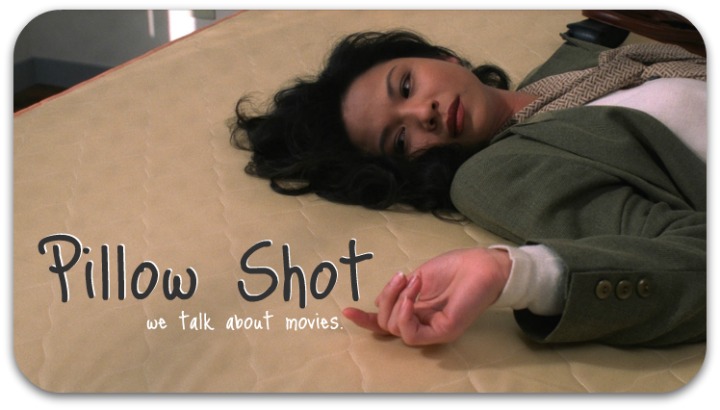Not long after, I saw a 35mm print of Late Spring. My understanding of Ozu and personal identification with his work deepened. I found his use of “pillow shots” quite effective – after emotional scenes, he often cuts to a shot of unrelated objects, as a cut-away still life. In Late Spring, he famously uses a vase as the subject of a pillow shot, in the form of a still life. These pillow shots provide time for reflection after moments of stress, whether it's a critical decision a father must make for his daughter, the ‘waiting period’ while a loved one is on a deathbed, or facing the loss of that family member.
Through later discoveries, like The Only Son and An Inn in Tokyo, I started to find bits and pieces of my life in Ozu’s films; moments of pure reflection. In The Only Son, the sacrifices a mother makes for her son, who aims for a life as a successful teacher, seemed parallel in many ways to the sacrifices my father has endured for me to become a filmmaker. The son feels that he is a failure and that is a fear that is also a constant halo above my head.
Similarly, the state of ‘mono no aware’ found in Ozu’s films is something I used to pull through the changes and difficulties in my life. Nothing is permanent, and there is beauty in the comfort of relishing that thought. As Charles Chaplin once said, “Nothing is permanent in this wicked world, not even our troubles.” And for me, Ozu’s ability to capture the minimalist beauty of ephemerality is a talent that demands constant revisiting.
After connecting to Ozu like this, I also felt more deeply connected to the root of my love of film, both as a filmmaker and appreciator. I understood my purpose as a filmmaker on a grander scale. Ozu has shared intimate thoughts and feelings through his films. Because of that, I feel more prepared to examine my life and, if I find myself skilled enough, to illustrate precisely what it is I understand from it.



No comments:
Post a Comment